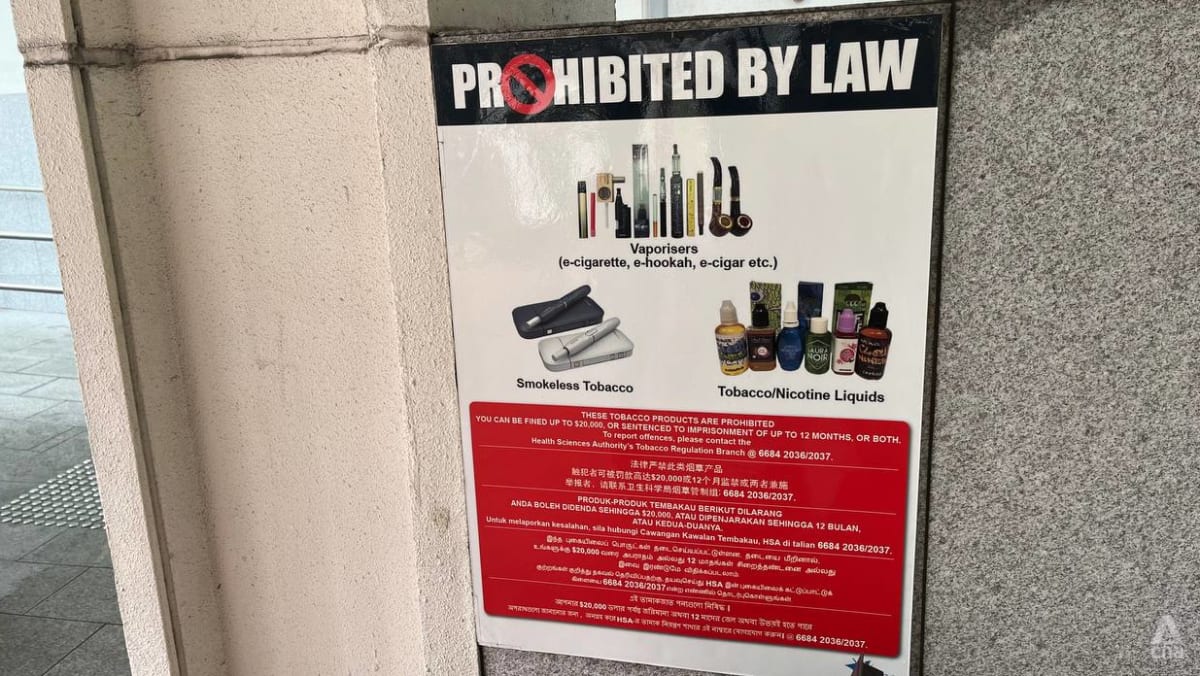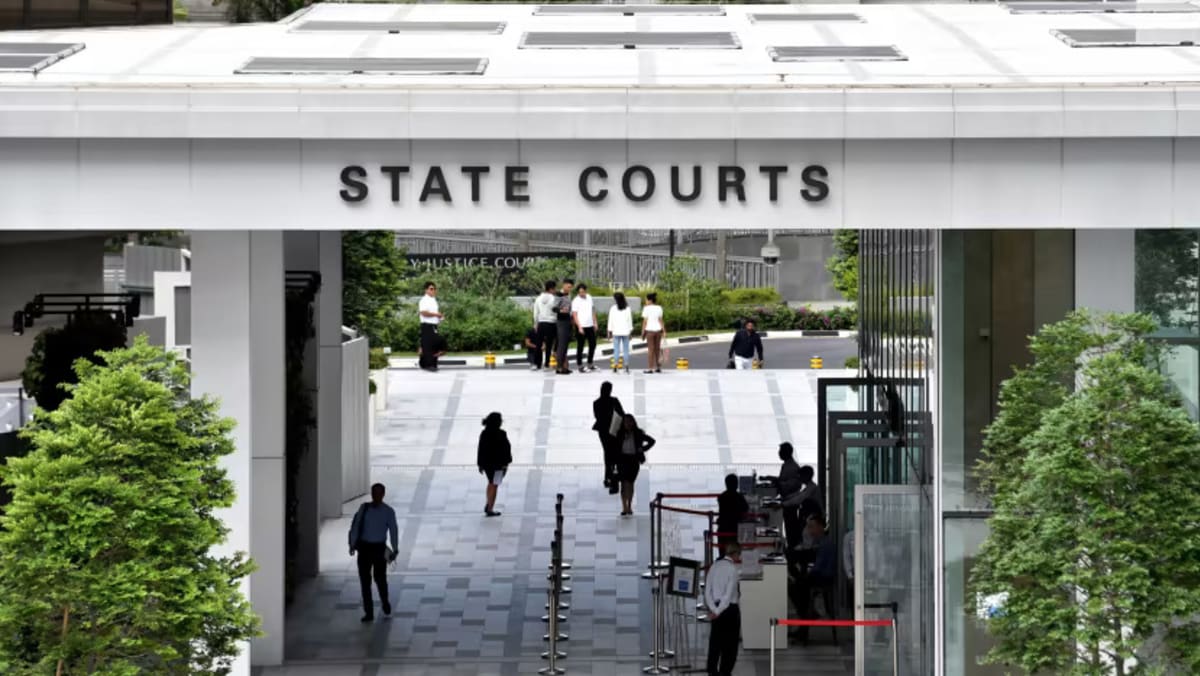SINGAPORE: The High Court has set out a stiffer sentencing framework for “silent” directors who are paid not to exercise oversight over the companies they incorporate in Singapore.
Imprisonment will now be the presumptive sentence for such offences, and the onus will be on the director to explain why this should not be the case.
The new sentencing framework was set out by Chief Justice Sundaresh Menon, Justice Tay Yong Kwang and Justice Vincent Hoong in a written judgment dated Apr 24.
The judges were ruling on the prosecution’s appeal against an S$8,500 (US$6,600) fine given to convicted company director Zheng Jia.
They allowed the appeal and imposed a heavier sentence of 10 months’ jail instead of the fine.
Zheng was a “silent” director who had incorporated or been registered as the director of 384 companies, according to the judgment.
In 2019, he set up a business in Shenzhen for Chinese clients who wanted to incorporate companies in Singapore, pricing his services between S$1,000 and S$1,400 annually.
Zheng would register himself as the locally resident director of the companies and open bank accounts in their names. He was ignorant of the companies’ affairs and exercised no control over them.
The business was so successful that he paid another person, Er Beng Hwa, to help him with the volume of work. Er acted as a nominee director for 186 companies and also helped to open bank accounts for them.
In 2020, scam proceeds from four foreign victims, totalling more than US$2.4 million, were routed through the bank accounts of two companies incorporated by Zheng and Er.
Last year, Zheng pleaded guilty and was fined for failing to exercise reasonable diligence in the discharge of his duties as a director and abetting Er to do the same.
He was also banned from acting as a director or partaking in the management of any company for five years.
Explaining their decision, the High Court judges noted that the duty to exercise reasonable diligence as a director is broad and can be breached in “any number of ways”.
They observed that in Zheng’s case, “the offender is a professional chartered accountant whose business model was predicated on him being registered as a locally resident nominee director of numerous companies incorporated for foreign clients, but who would then exercise no control or supervision over the affairs of those companies whatsoever”.
“There is simply no equivalence at all between such a director, and another who is involved in the affairs of a company or a group, but who makes a negligent error in the discharge of his duties,” they said.
In fact, it was the “concerted dereliction of his core duty” as a director that enabled Zheng’s “high volume, low effort enterprise and fuelled its growth”, said the judges.
Zheng had “every intention to neglect” his duty from the outset, and this was precisely what made his services “attractive” to the clients whose criminal activities he enabled, they added.
In this context, the judges disagreed with the existing sentencing approach, which is that preserving Singapore’s commercial environment should weigh against imposing imprisonment except where a director has acted “intentionally, knowingly or recklessly”.
“This is much too broad a statement and it overlooks the gross differences between one who offers a particular form of directorship that entails looking away from the affairs of the company, and one who is committed to the best interests of the company but makes a mistake in the course of carrying out his duties.
“Directors who assume their offices with every intention of abdicating their duty … present serious risks to their companies specifically and Singapore’s corporate and financial ecosystem generally and they are acting knowingly, if not intentionally,” the judges said.
They set out a non-exhaustive list of factors the court may consider in sentencing offences under Section 157(1) of the Companies Act:
- Extent of due diligence taken by the director in relation to the company’s activities and/or client
- Efforts made by the director to monitor the company’s bank transactions
- Extent to which the director knew or should have known that failing to oversee the company affairs could or would enable abuse
- Duration of offending
- Whether the offence was pursued as part of a business or other profit-driven scheme
- Whether the director tried to conceal wrongdoing
- Whether there was a transnational element to the offence
- Harm caused by the offence
They then set out three revised bands as sentencing guidelines, based on the number of factors present:
- For one to three factors, up to four months’ jail
- For four to five factors, five to eight months’ jail
- For six or more factors, nine to 12 months’ jail
This would give an indicative sentence for the court to adjust based on offender-specific factors, such as remorse and cooperation with authorities, the judges said.













